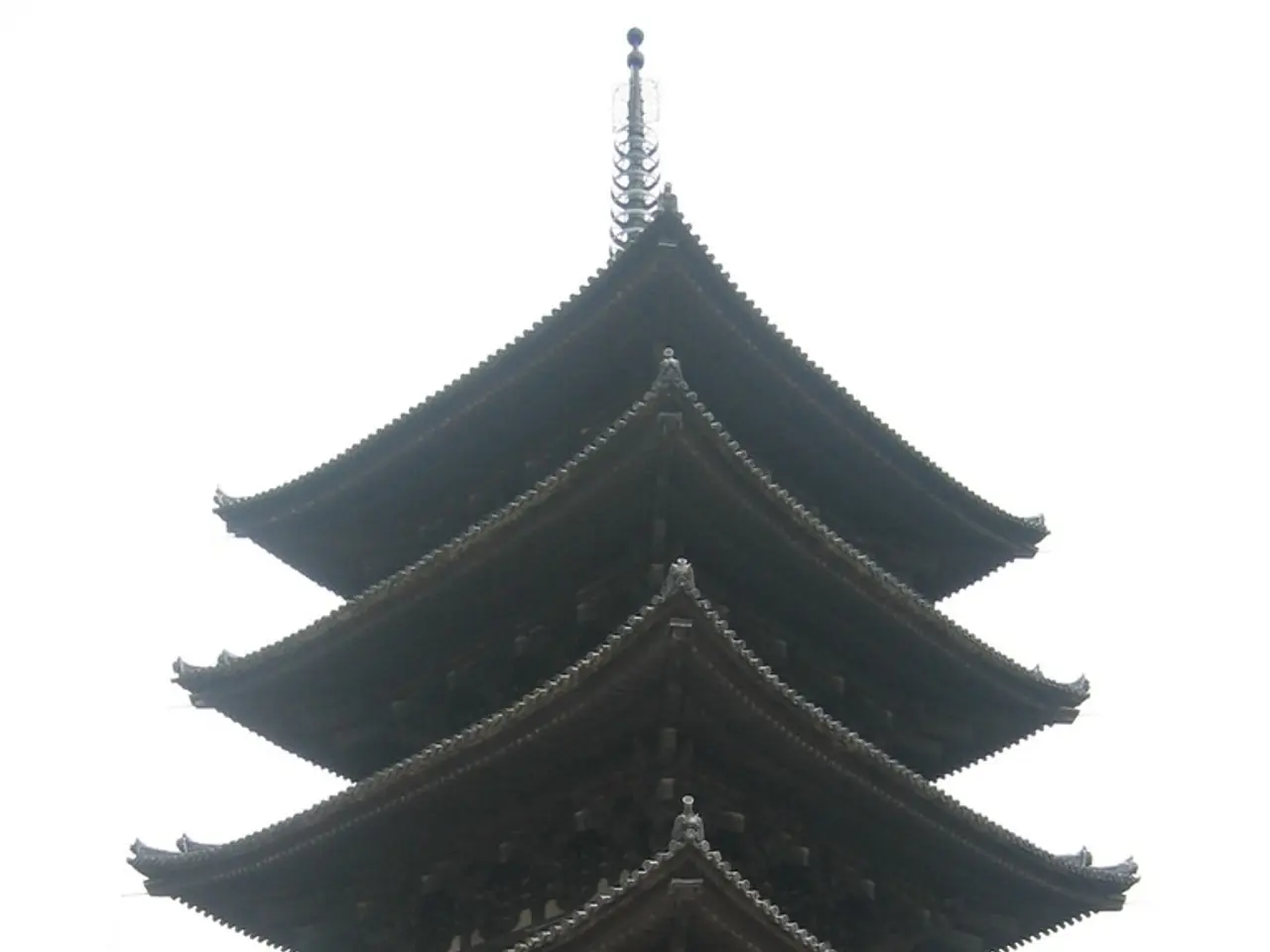Renewed Restart
Pakistan's foreign policy is undergoing a significant transformation, with the country carving out a confident, independent role on the global stage. This shift is particularly evident in its strategic realignment with China and its deliberate recalibration of ties with the United States.
In a move that reaffirms the strength of the Pakistan-China strategic partnership, Chinese leadership acknowledged Pakistan's armed forces as a stabilizing force in South Asia. Field Marshal Syed Asim Munir, the Chief of Army Staff, recently visited China, holding meetings with senior Chinese officials, including Vice President Han Zheng, Foreign Minister Wang Yi, and top leadership of the Central Military Commission and the People's Liberation Army (PLA).
The strategic partnership between the two nations is expanding beyond economic cooperation, as symbolised by Pakistan's satellite launches using Chinese technology. This broadening alliance is viewed by Pakistan as critical to counterbalancing India’s regional dominance, a sentiment echoed by the Chinese longstanding position on the peaceful resolution of the Kashmir dispute in accordance with UN Security Council resolutions.
Regarding the United States, recent developments point to a renewed diplomatic engagement following earlier periods of estrangement. Deputy Prime Minister and Foreign Minister Senator Mohammad Ishaq Dar advanced diplomatic engagement with the US, assuring US officials that Pakistan's strong ties with China are not at odds with developing a constructive and cooperative relationship with Washington.
The Kashmiri struggle for self-determination remains on the international agenda, significantly contributing to the strategic balance and regional power dynamics in South Asia. The writer, as chairman of the Parliamentary Committee on Kashmir, emphasizes that Pakistan will continue to raise its voice peacefully, lawfully, and firmly until the people of Kashmir are granted their inalienable right.
Pakistan's diplomatic strategy is multipronged, engaging all sides based on shared interests, regional peace, and mutual respect. Economically, Pakistan seeks to diversify its foreign partnerships and reduce vulnerabilities by maintaining strong ties not only with China but also by exploring trade and cooperation frameworks with other regions relevant to its strategic and economic goals, such as Central Asia and the Middle East.
In this evolving landscape, Pakistan is positioning itself as both a strategic partner to China and a responsible player in South Asia’s complex geopolitical landscape. The country is reinforcing its role as a regional stabiliser and peace advocate, reflecting a country ready to take its place as a balanced, principled, and proactive member of the international community.
It is important to note that the writer's viewpoints do not necessarily reflect Geo.tv's editorial policy.
[1] China-Pakistan Economic Corridor (CPEC) [2] Kashmir-related tensions influencing geopolitical priorities [3] Diversifying foreign partnerships for economic stability [4] Long-standing relationship with China enjoying strong public support domestically
Technology news highlights the expansion of Pakistan's strategic partnership with China, moving beyond economic cooperation as symbolized by Pakistan's satellite launches using Chinese technology. Meanwhile, in the realm of politics and general news, discussions focus on Pakistan's diplomatic efforts to foster a constructive relationship with the United States while maintaining strong ties with China, balancing regional power dynamics and ensuring economic stability through diversified foreign partnerships, particularly in Central Asia and the Middle East. Additionally, the Kashmir-related tensions continue to influence geopolitical priorities and the country's role in advocating for peace. Domestically, the long-standing relationship with China enjoys strong public support.







